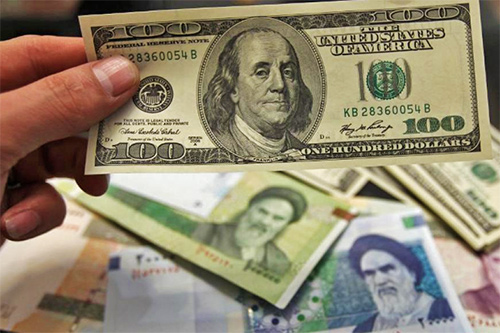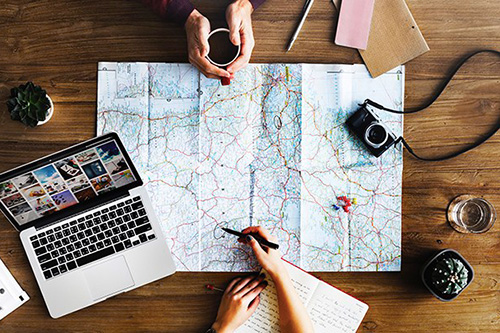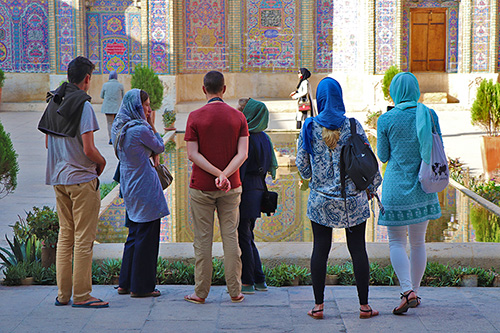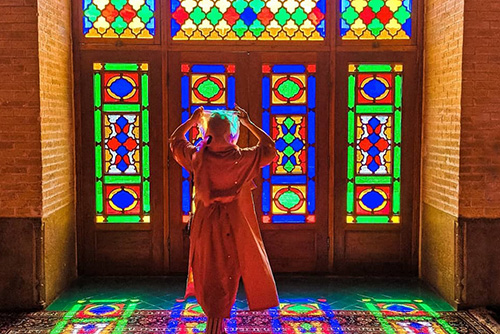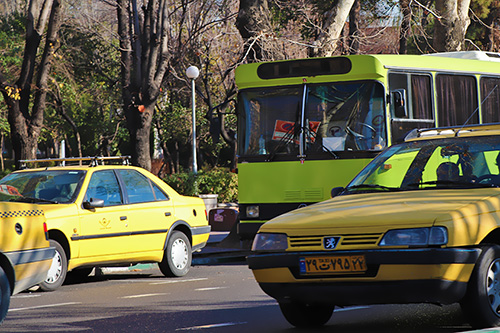 Signin with Google
Signin with Google Signin with Facebook
Signin with Facebook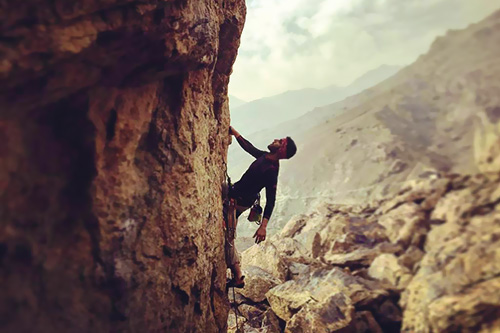 Survival Tips
Survival TipsGreetings and the Persian Etiquette in Iran
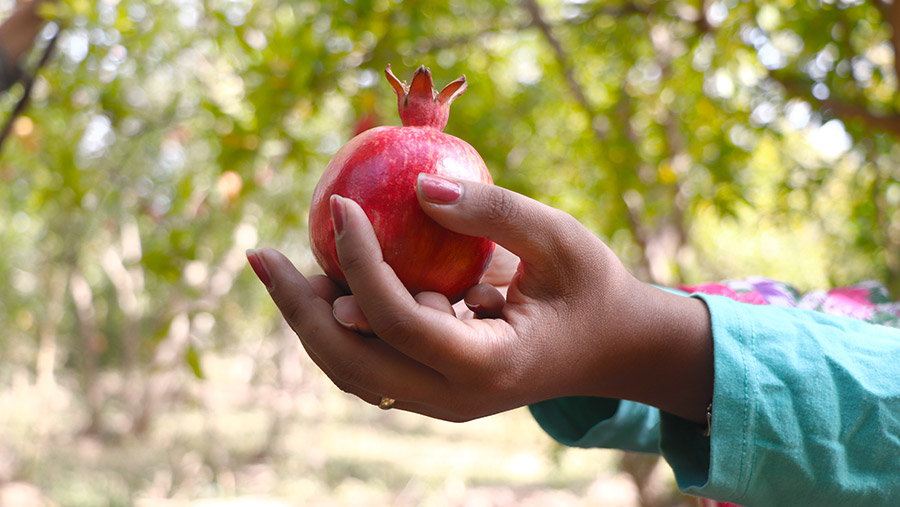
Iranian are among the friendliest people in the world. So during your travel, expect to sympathize with many locals, and even be invited over for a tea or a dinner. To avoid making mistakes and show respect to local customs, here are some tips to get familiar with the Persian "etiquette". Read this article if you want to greet people like a true Iranian.
"Salam" and other greeting words
Let's start with some words first. The common way to say "Hello" in Farsi, is "Salam". You can say it indifferently in a casual as well as formal context, for any time of the day. In the morning, you can also opt for a nice "Sobh bekheir", which is the equivalent of "Good morning". In the evening, try saying "Shab bekheir" for "Good evening".
You might notice that most Iranians do not stop after a single "Salam". On the contrary, it will usually be followed by a litany of salutations, in a very "taarof" way. It starts with "Chetori?"/"Khoubi?" ("How are you?"), to which you can answer "Khoubam, mersi" ("I'm fine, thank you"). Among each other, Iranians usually enquire in a really fast way about the family and the well-being in general, which requires some mastering of the subtle art of "taarof".
Wait for shaking hands with the opposite gender
In public and between non-family members of the opposite sex, physical contacts are usually restricted. When meeting someone, the best approach is to wait for the Iranian person in front of you to initiate the greeting.
Sometimes, a simple respectful "hello" accompanied with a gentle bowing is enough. You can also place your hand over your heart to emphasize the intention. This is generally the best option when encountering someone from the opposite sex which you haven't met yet.
Other shake hands, especially between men, and sometimes with the opposite gender. Iranians also kiss cheeks between close friends and members of the family, but as a visitor, you will rarely be invited to do so.
Being a guest in a Persian home
As mentioned earlier, the odds that you will be invited over at a Persian family are rather high. The first sacred rule to keep in mind is to always put off your shoes while entering a home. There might be exceptions, in which case your host will let you know, but most of the time, people aren't wearing shoes inside.
If you're invited for dinner, it's most appreciated to bring some flowers, chocolates or pastry for your host. Arrive early, or at least on time, as Iranians might not be the most punctual in daily life, but being on time for a gathering is being seen as a sign of respect.
Iranians do a lot of taarof, so be aware of it while invited over, without actually refusing everything. If elders are presents, show particular respects toward them. When seated on the ground to eat, for instance, avoid spreading your legs in front of you, in particular, if elders are there too, and cross them any way you want.
Blowing your nose and other tricks
Every culture has its own dos and doesn't, and one that can be surprising for Westerners is that Iranians do not blow their nose in public. Do your best to avoid it, and head toward the bathroom if necessary.
Turning your back to someone is also seen as something rude, except if you don't have the choice. In that case, apologize for the inconvenience and you will probably be excused with a typical taarof saying: "gol posht o ru nadâreh", which means "a flower has no front or back".
Following these simple steps, from a nice "Salam" without any physical contact to seating legs crossed, will assure you to avoid offending your hosts. Don't worry if you make some "faux-pas": Iranians are prompt to forgive anything coming for a foreigner, as they like more than anything else having guests. Be sure to read our article about the "Taarof" too, and you will be fully ready for your encounters during your trip!
